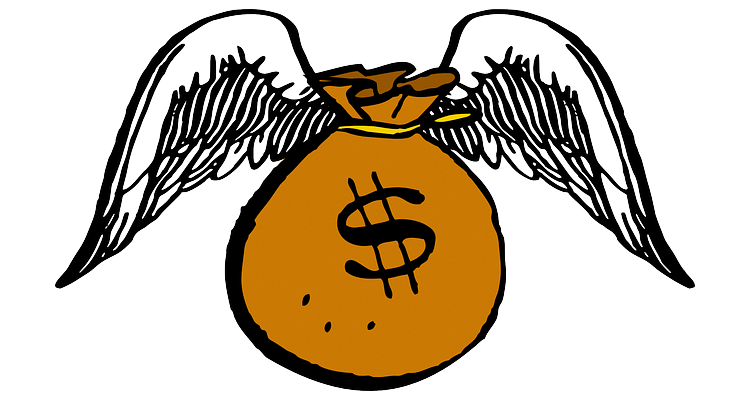
So, you need to transfer a substantial amount of money and you’re feeling a little daunted about the transfer options available? Don’t worry, you are not alone. The need to arrange large overseas money transfers is growing and more and more people are coming up against the same issues.
The good news is that there are simple guidelines you can follow that will ensure you get the best deal on your money transfer, you use a company that you can trust and that your money arrives at its destination safe and sound.
Whether you are paying employees overseas, purchasing a property abroad or simply moving money to an offshore bank account, our handy guide will help you to move your money with complete confidence.
Why Exchange Rate Is The Most Important Number
Whether you are transferring £500 or £500,000, the exchange rate is the most important factor in your transfer transaction. Even a small fluctuation in the daily exchange rate can make a difference in the cost of your transfer so it is important to keep a close eye on the markets and choose your money transfer provider with care.
Let’s say you are transferring £100,000 overseas. Even a 0.5% dip in the exchange rate could cost you an eye watering £500 so it really is worth making sure you get the most competitive exchange rate possible.
Bank Wire Transfer
You trust your bank. You have been with them for years and use a host of their services. It makes sense therefore to choose their money transfer services. However, bank transfer fees can be costly and could cost you much more than you bargained for.
For example, a priority money transfer arranged through Barclays could cost you £40. Standard money transfers with Barclays cost £25. If you need to make large payments or a large number of smaller payments, you could end up paying a huge amount of money in transfer fees alone. That’s before the exchange rate has even been factored in.
Most banks make their money on overseas transfers through fees and what is known as spread. When you see an exchange rate advertised on a currency exchange board, in a newspaper or online, this is the mid-market rate. This is the rate that sits halfway between the buy rate and the sell rate that banks use to trade currency.
For example, if the USD GBP rate is quoted as $1.50 to £1, the banks will buy GBP from one another for a slightly higher figure than $1.50 and buy USD for a little less than $1.50.
The difference between the lower and upper rates is called the spread, or the margin. Your bank is unlikely to divulge details of its margins, but you can be sure they will be aiming to make as much money as possible on your transaction. This can often result in customers being given less than competitive rates on money transfers.
A Specialist Money Transfer Broker
Supply and demand for overseas money transfers is at an all time high and that makes it a buyer’s market when it comes to making a transfer. Never before has it been so easy to find a transfer company that can handle your transaction with speed, accuracy, value and the utmost in security measures.
Currency brokers often offer a much cheaper service than high street banks and the service is usually quicker. For example, many brokers will offer exchange rates that are up to 4% better than the rate offered by the bank. That’s a difference of £4,000 on a 100,000 transaction.
Another reason to consider a currency broker is the personal service you will receive. This is especially beneficial if you will be making many transfers, have special requirements or want to lock in your rate for a long period of time. A currency broker will get to know your requirements, your preferences and the exchange rates you work with and will ensure you get the best deal on your overseas money transfers.
So, here is your overseas money transfer confidence checklist!
- Know the actual exchange rate (the rate is always changing)
- Look at the fine print – check what fees apply when making overseas money transfers
- Look around for your best option, often found online
- Compare and go!









